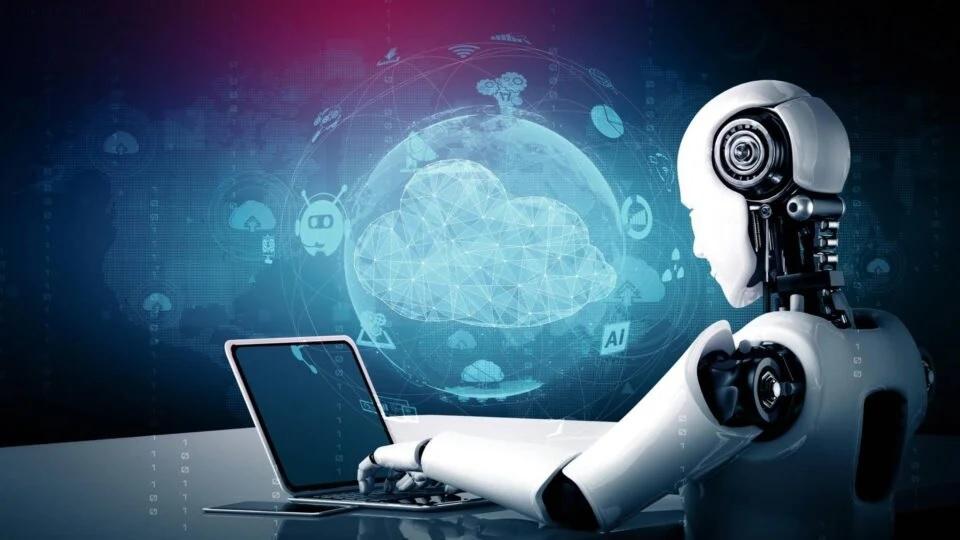Enterprise resource planning (ERP) systems have long served as the backbone of business operations, offering structure but often lacking flexibility. The introduction of artificial intelligence (AI) presents a transformative opportunity—enhancing ERP platforms by improving speed, predictive capabilities, and automation. As we step into 2025, AI-integrated ERP is no longer a distant vision but a present-day reality. However, the initial promises of AI-driven ERP have not entirely materialized, even as organizations continue advocating for its adoption.
AI in ERP – Efficiency Boost or Overstated Transformation?
The potential benefits of AI-powered ERP are striking. These systems can reduce operational inefficiencies by 30-50%, enhance supply chain forecasting through predictive analytics, and automate tasks such as invoice processing and production planning. Despite these advantages, many executives remain skeptical.
Their concerns are valid. ERP upgrades are often seen as costly, complex undertakings that disrupt operations. Adding AI into the mix increases this complexity. Gartner predicts that 60% of AI-driven ERP initiatives will fall short of their goals due to fragmented and siloed data. Even as market projections suggest continued AI-ERP adoption, many executives hesitate, torn between the desire for innovation and the challenges of implementation.
What AI-ERP Actually Delivers
Organizations that successfully implement AI-driven ERP solutions experience tangible benefits. Manufacturers achieve up to a 20% reduction in downtime through predictive maintenance, CFOs cut invoice processing times to just hours, and supply chain managers gain precise demand forecasting capabilities.
More significantly, AI does more than just optimize ERP systems—it reshapes strategic decision-making. Companies are shifting from instinct-based decisions to data-driven real-time insights. AI automation also redefines job roles, requiring businesses to adapt to new workflows. ERP is evolving from a system of record to a system of intelligence.
But are businesses truly prepared for this transformation?
The Executive Dilemma: The Role of Human Judgment
AI-powered forecasting enables businesses to prevent inventory shortages and streamline order fulfillment. However, concerns remain about financial inconsistencies and ethical implications. Should AI replace human expertise in critical business decisions?
At this juncture, many companies—especially smaller ones—struggle to replicate the AI-driven ERP success of industry leaders like Siemens and Unilever. Key questions linger:
- Can AI justify its recommendations in a way that executives trust?
- Will employees be willing to cede decision-making authority to AI?
- How can businesses prevent biases from affecting AI-driven ERP analytics?
Organizations must confront these fundamental challenges as they integrate AI into ERP systems.
Executives must recognize that inaction is not an option. The businesses that implement AI-powered ERP now will lead the next decade of operational efficiency.
To Know More, Read Full Article @ https://ai-techpark.com/ai-integrated-erp-business-transformation-2025/
Related Articles -


